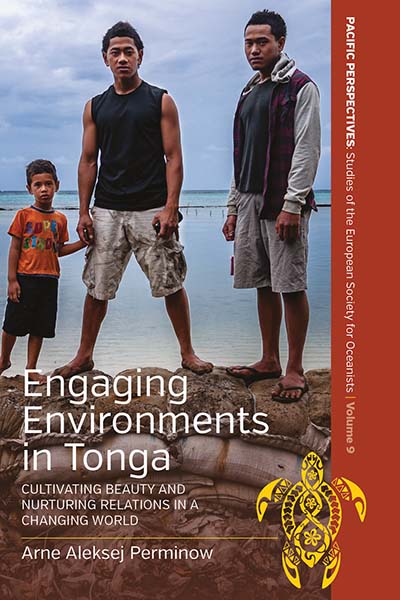“The book is well-argued, clearly written, and a timely contribution to an important theme (socio-cultural aspects of environmental change, including climate change, in the Pacific). I have yet to see a monograph approach the theme with the same ethnographic depth as this book.” • Tom Bratrud, University of South-Eastern Norway
On March 11, 2011, a tsunami warning was issued for Tonga in Polynesia. On the low and small island of Kotu, people were unperturbed in the face of impending catastrophe. The book starts out from the puzzle of peoples’ responses and reactions to this warning as well as their attitudes to a gradual rise of sea level and questions why people seemed so unconcerned about this and the accompanying loss of land. The book is an ethnography of the relationship between people and their environment based on fieldwork over three decades.
Arne Aleksej Perminow is Associate Professor of Social Anthropology and keeper of the Oceania Collection at the Museum of Cultural History, University of Oslo. He has curated several exhibitions including Startpaths across the Pacific: Narratives of Origin in Oceania and the Pacific part of Collapse: Human Being in an Unpredictable World (Museum of Cultural History, 2006 and 2018).
LC: GF852.T63 P47 2022
BISAC: SOC002010 SOCIAL SCIENCE/Anthropology/Cultural & Social; NAT011000 NATURE/Environmental Conservation & Protection; SOC015000 SOCIAL SCIENCE/Human Geography
available open access under a Creative Commons Attribution-NonCommercial-NoDerivatives 4.0 International License (CC BY-NC-ND 4.0) with support from Knowledge Unlatched.


